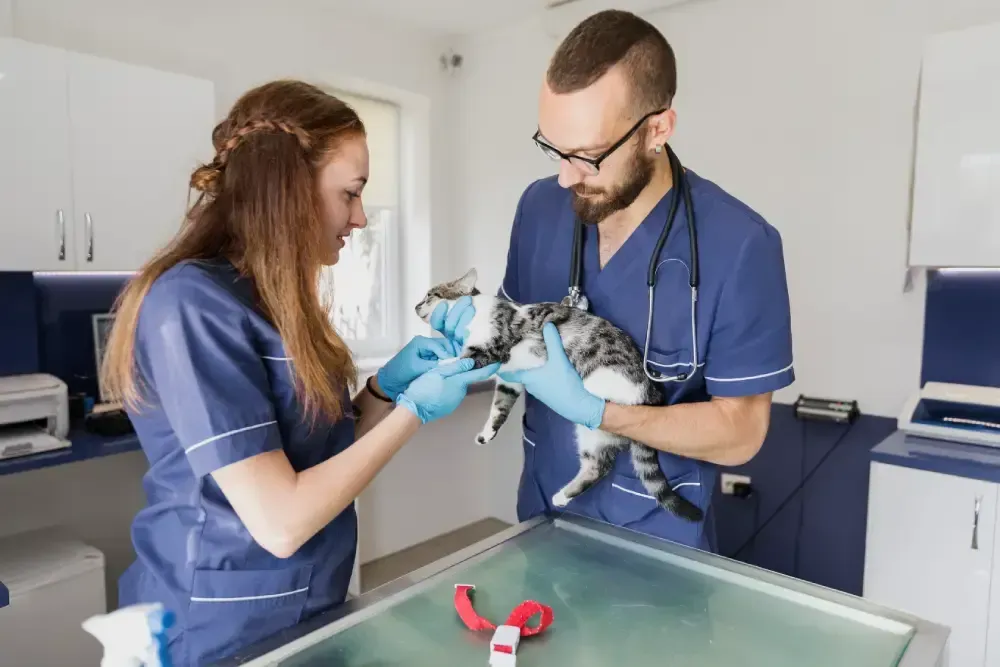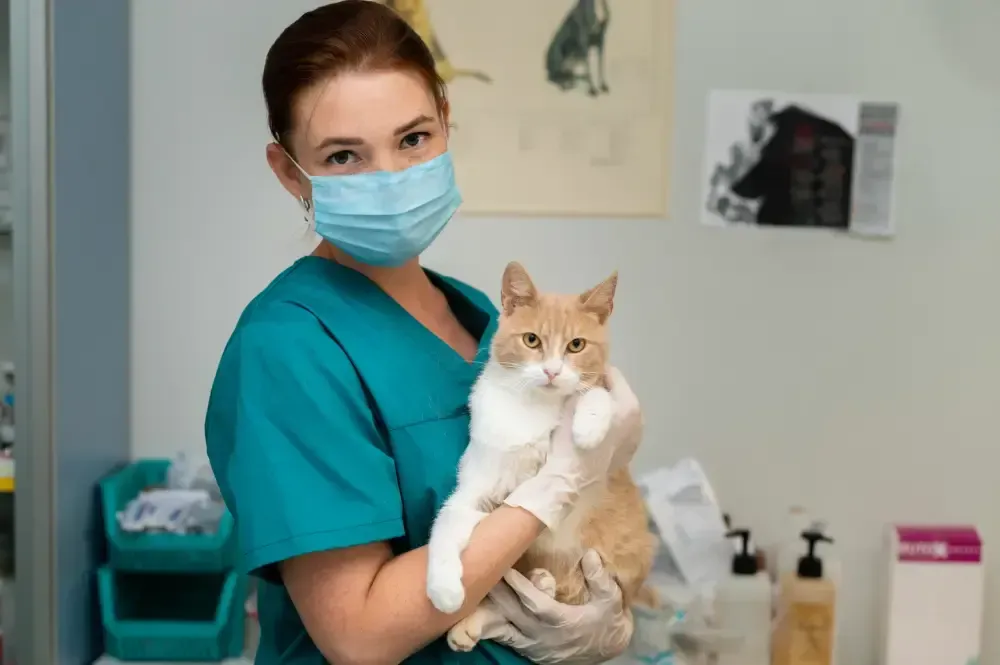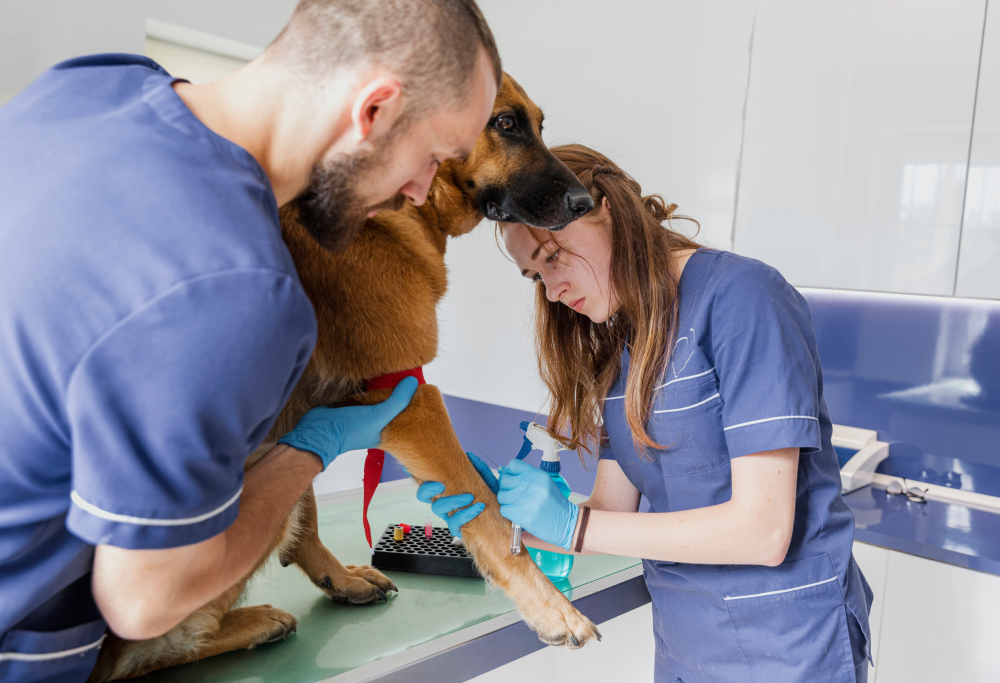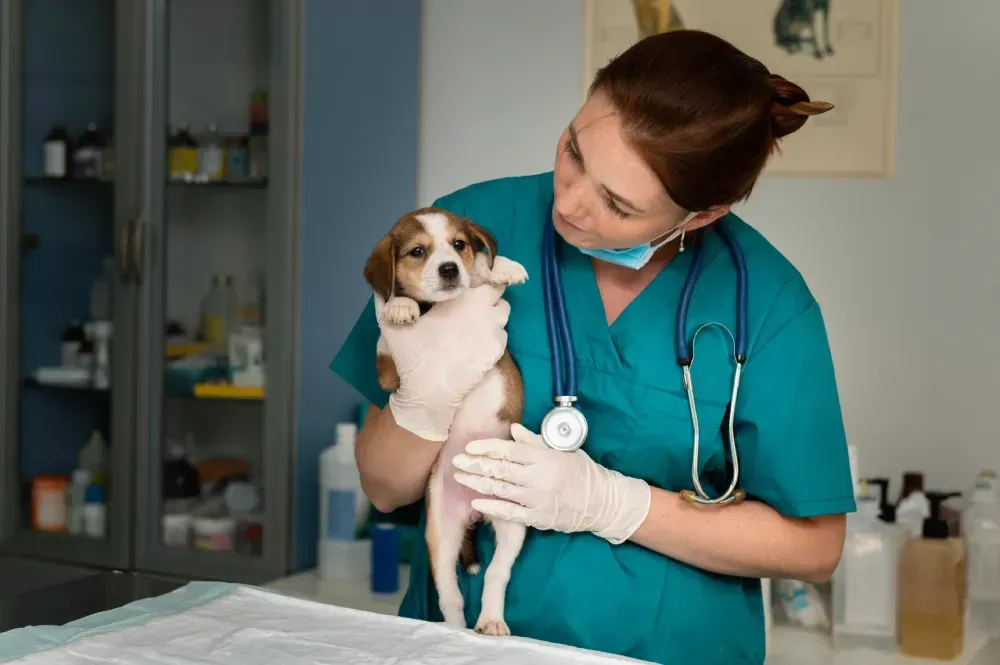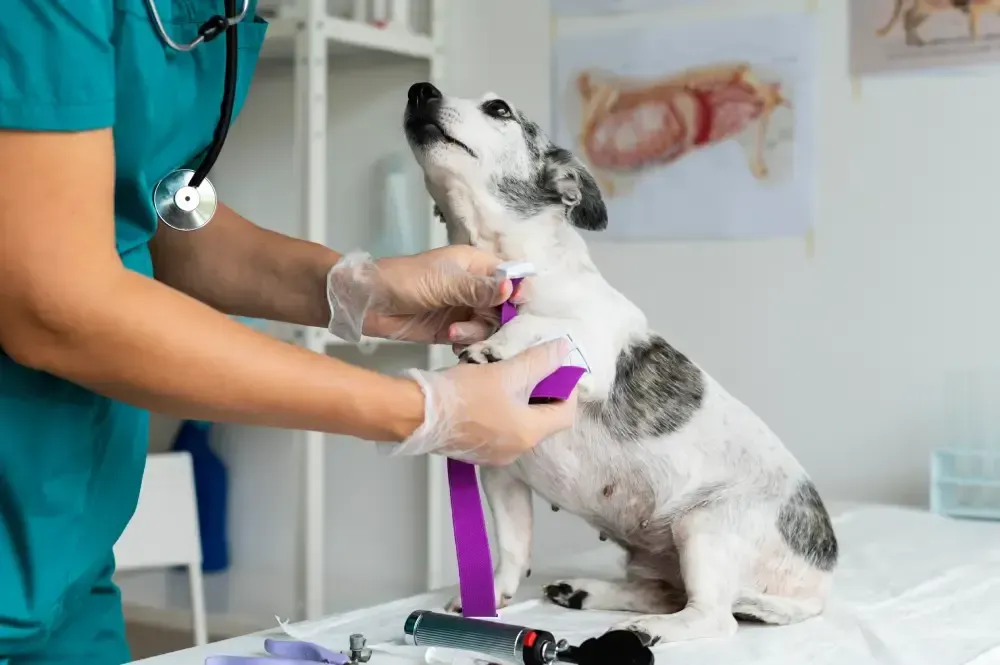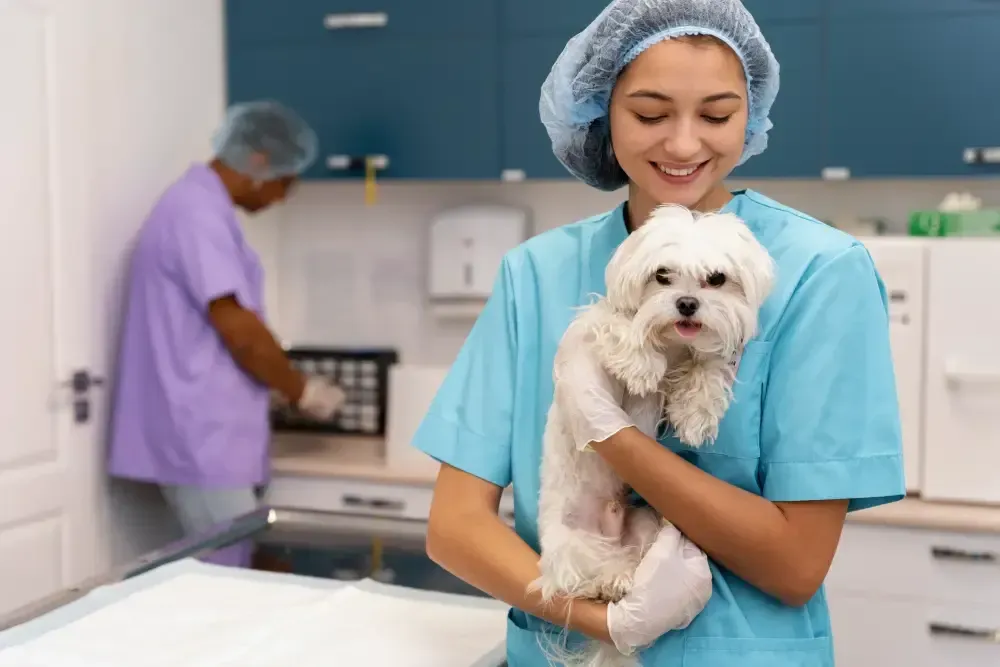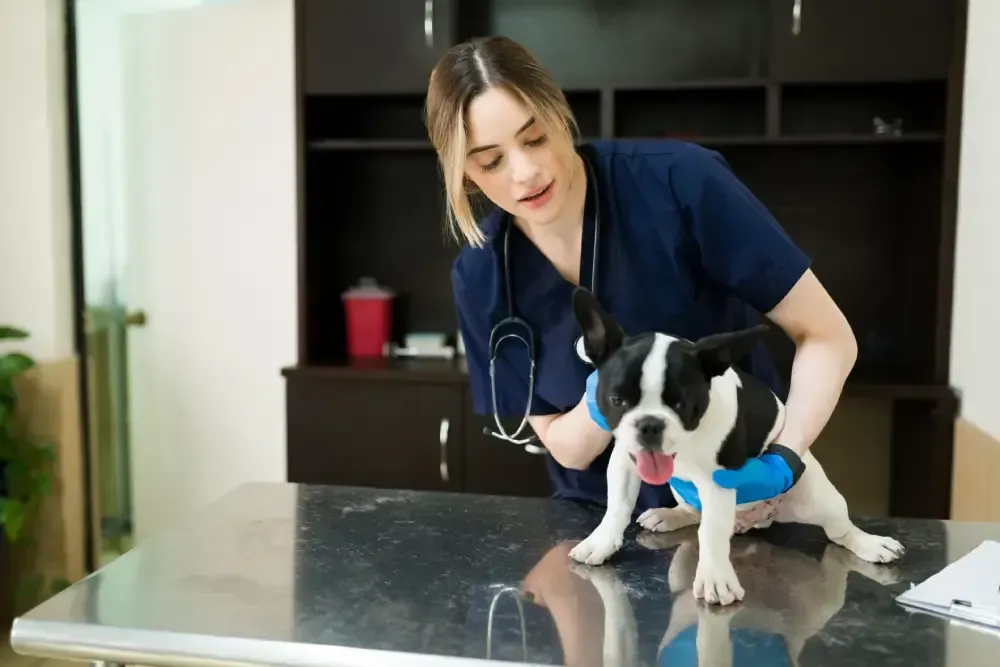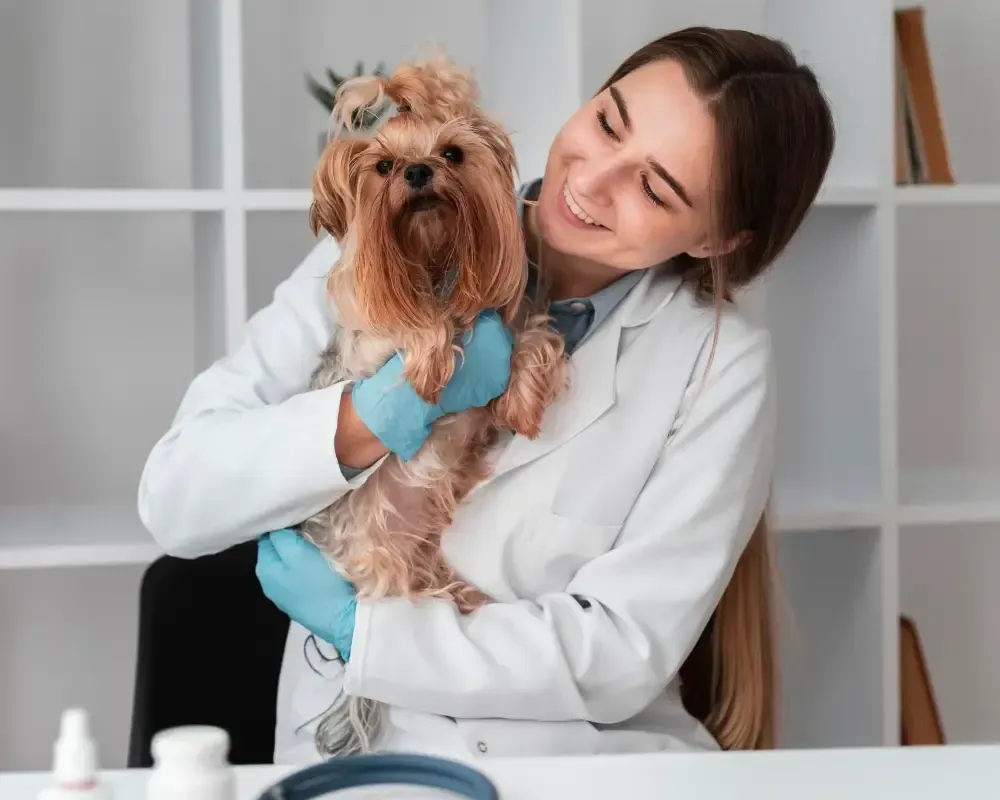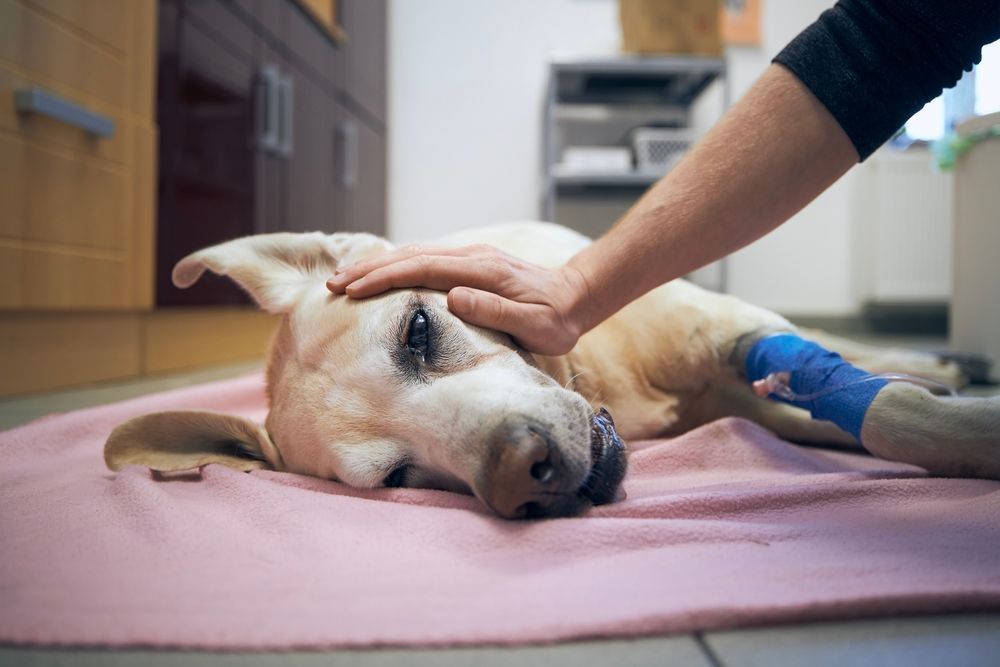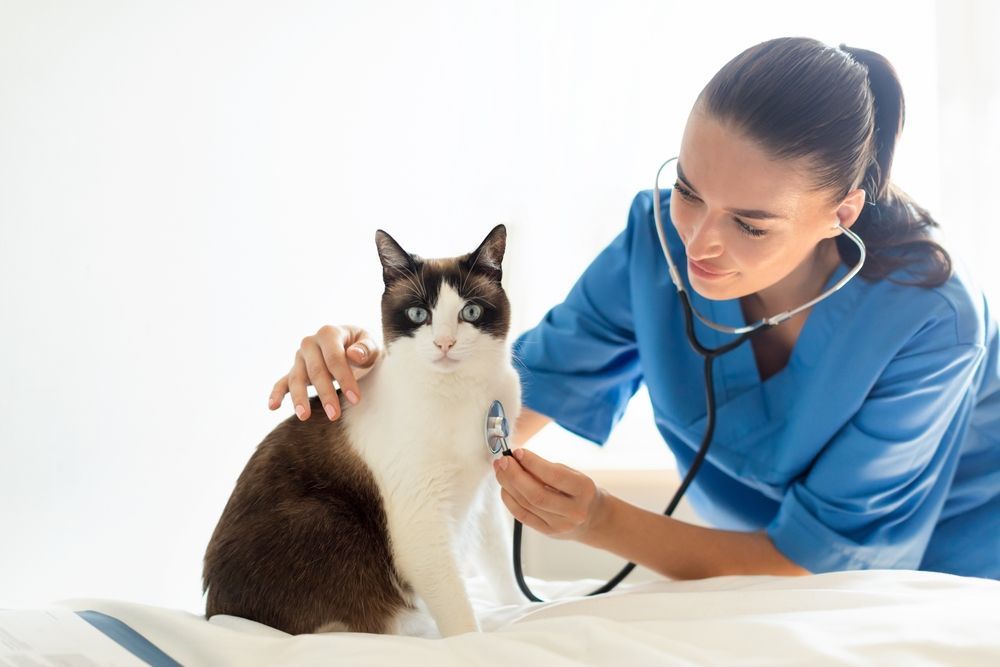Pet Checkup and Early Disease Detection: Saving Lives with Preventive Care
June 18, 2025
Every pet parent wants their furry companion to live a long, healthy, and happy life. But pets, just like people, can develop health issues that aren’t always obvious at first glance. That’s where the power of regular pet checkups and early disease detection comes in—a combination that can truly save lives. At My Montgomery Vet, we believe preventive care is the foundation of lifelong wellness for your beloved pets.
Why Pet Checkups Matter More Than You Think
A pet checkup is much more than a routine visit to the vet. It’s a chance to catch subtle changes in your pet’s health before they become serious problems. During a pet checkup, veterinarians don’t just check your pet’s weight or give them a quick look-over. They perform a thorough physical exam, assess your pet’s behavior, check for lumps or bumps, examine eyes and ears, and listen to the heart and lungs. These regular pet checkups are essential for establishing a health baseline and noticing any early warning signs that might otherwise go unnoticed.
By scheduling a pet checkup at least once a year, you’re giving your pet the best chance at a long, vibrant life. Annual pet checkups allow your veterinarian to monitor for age-related changes, update vaccinations, and discuss any concerns you might have about your pet’s diet, exercise, or behavior. For senior pets or those with chronic conditions, more frequent pet checkups may be recommended to keep them comfortable and healthy.
The Silent Threat: Why Early Disease Detection Is Critical
Pets are experts at hiding pain or discomfort. It’s a survival instinct, but it means that diseases like kidney failure, diabetes, heart disease, or even cancer can progress silently until they’re advanced. Early disease detection is the key to catching these conditions before they become life-threatening.
Early detection often involves diagnostic tests such as bloodwork, urinalysis, and imaging. These tests can reveal hidden problems long before symptoms appear. For example, a simple blood test during a pet checkup might detect early kidney disease, allowing for dietary changes and medications that can slow its progression. Detecting diabetes early can mean a straightforward management plan, while catching it late could lead to severe complications.
Preventive Care: The Lifeline for Your Pet
Preventive care is all about stopping problems before they start. This includes routine vaccinations, parasite prevention, dental care, proper nutrition, and regular exercise. But at the heart of preventive care are those all-important pet checkups and early disease detection screenings.
When you invest in preventive care, you’re not just saving money on future vet bills—you’re saving your pet from unnecessary pain and suffering. Treating a disease in its early stages is almost always easier, less expensive, and less stressful for both you and your pet. Preventive care also means you get to spend more quality years with your furry friend, enjoying the activities and companionship you both love.
The Emotional Side: When Pet Euthanasia Becomes Part of the Conversation
No one wants to think about the end of their pet’s life, but it’s a reality every pet parent may face. Pet euthanasia is a deeply emotional decision, often made when a pet’s quality of life has declined due to illness or age. Early disease detection and regular pet checkups can sometimes delay this difficult choice, giving you more precious time with your companion.
However, there are times when, despite the best preventive care, a pet’s suffering becomes too great. Pet euthanasia is a compassionate option to prevent unnecessary pain. Discussing this with your veterinarian during a pet checkup can help you understand your pet’s condition and make the most informed, loving decision. The team at My Montgomery Vet approaches pet euthanasia with empathy and respect, ensuring your pet’s comfort and dignity every step of the way.
How Early Disease Detection Works: The Tools and Tests That Make a Difference
So, what happens during a pet checkup that helps with early disease detection? Here’s a closer look at the tools and tests that veterinarians use:
- Physical Exam: The first line of defense. Your vet feels for lumps, checks joints for pain, and looks for skin issues.
- Bloodwork: A complete blood count and chemistry panel can detect anemia, infections, organ dysfunction, and more—often before symptoms appear.
- Urinalysis: Checks for kidney disease, diabetes, urinary tract infections, and metabolic issues.
- Fecal Testing: Screens for parasites that can cause weight loss, diarrhea, or other health issues.
- Imaging (X-rays/Ultrasound): Reveals tumors, heart problems, or internal injuries that can’t be seen from the outside.
- Dental Exam: Dental disease can affect the heart, liver, and kidneys if left untreated.
These tests, performed regularly during pet checkups, create a health history for your pet. Over time, your vet can spot trends and intervene early, often making a life-saving difference.
Pet Checkup Frequency: What’s Right for Your Pet?
- Puppies and Kittens: Need frequent pet checkups to monitor growth, get vaccinations, and catch congenital issues.
- Adult Pets: Annual pet checkups are the standard, but some breeds or high-risk pets may need more frequent visits.
- Senior Pets: As pets age, semi-annual pet checkups are recommended to catch age-related diseases early.
Your veterinarian at My Montgomery Vet will tailor a pet checkup schedule based on your pet’s age, breed, lifestyle, and health history.
The Cost of Waiting: Why Skipping Pet Checkups Can Be Risky
It’s easy to put off a pet checkup if your pet seems healthy. But many diseases progress silently, and by the time symptoms appear, treatment can be more complicated and costly. Skipping pet checkups can mean missing the window for early, effective intervention.
For example, untreated dental disease can lead to painful abscesses and even organ damage. Early detection of heartworm or tick-borne diseases can mean the difference between a simple treatment and a life-threatening emergency. Investing in regular pet checkups and early disease detection ultimately saves money and heartache down the road.
Quality of Life: The Real Goal of Preventive Care
The ultimate goal of preventive care, regular pet checkups, and early disease detection is to ensure your pet enjoys the best possible quality of life. Healthy pets are happier, more active, and more engaged with their families. Preventive care means fewer emergencies, less pain, and more joyful moments together.
When chronic conditions are caught early, they can often be managed with medication, diet, or lifestyle changes. This means your pet can continue to enjoy walks, playtime, and cuddles for years to come.
Facing the Hardest Decisions: Pet Euthanasia and Compassionate Care
Even with the best preventive care, there may come a time when your pet’s quality of life declines due to age or illness. Pet euthanasia is a compassionate choice when suffering can no longer be managed. It’s a decision made with love, guided by your veterinarian’s expertise and your deep bond with your pet.
Discussing pet euthanasia during a pet checkup allows you to understand your options and prepare emotionally. At My Montgomery Vet, we support families through this difficult time, ensuring your pet’s final moments are peaceful and pain-free. Pet euthanasia is never an easy topic, but it’s an important part of responsible, loving pet ownership.
Building a Lifelong Partnership with Your Vet
Think of your veterinarian as your partner in your pet’s health journey. Regular pet checkups build trust and open communication. You will feel more comfortable asking questions, and your vet will get to know your pet’s unique personality and needs.
This partnership is especially important when facing tough decisions, like pet euthanasia. Your vet can help you weigh the pros and cons, consider your pet’s comfort, and make the choice that’s right for your family.
Practical Tips for Pet Parents: Making the Most of Pet Checkups
- Keep a journal of your pet’s behavior, appetite, and energy levels. Bring it to each pet checkup.
- Ask about early disease detection tests, especially as your pet ages.
- Don’t wait for symptoms—schedule regular pet checkups even if your pet seems healthy.
- Discuss any changes in your pet’s mobility, bathroom habits, or mood during the pet checkup.
- Be open about your concerns regarding pet euthanasia if your pet is struggling with chronic illness.
Preventive care, regular pet checkups, and early disease detection are the keys to a long, happy life for your pet. These simple steps protect your pet from unnecessary pain, help you avoid costly emergencies, and strengthen the bond you share with your pet. And when the time comes to consider pet euthanasia, you will have the guidance and support you need to make the most compassionate choice.
Your pet is a cherished member of your family. By prioritizing their health with regular pet checkups and early disease detection, you’re giving them the best gift of all—a lifetime of love, comfort, and joy.
My Montgomery Vet
2585 Bell Rd, Montgomery, AL 36117, United States
(334) 600-4050
